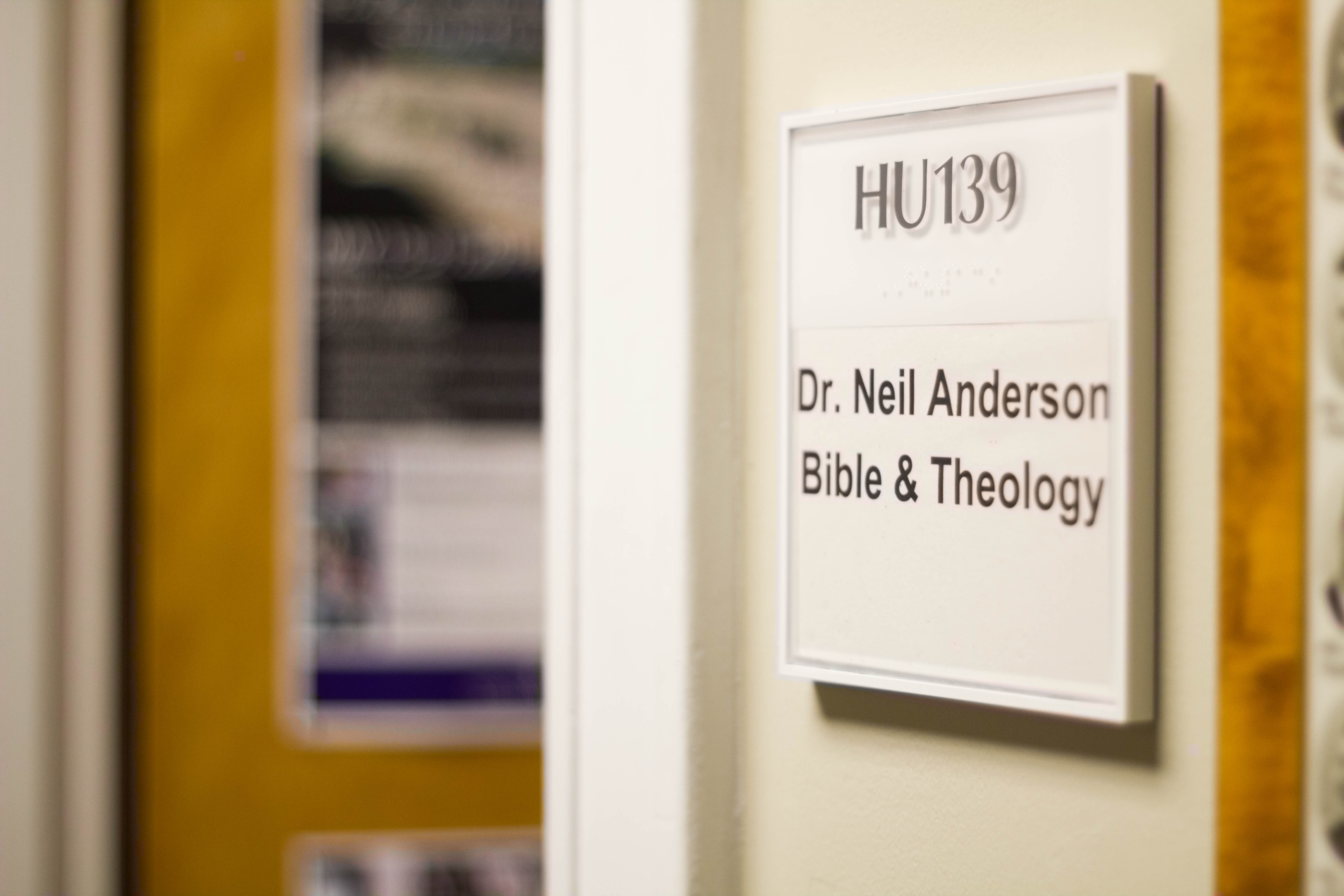Collegian Staff Report
A full apology by Neil Anderson, a professor of biblical and theological studies, was submitted to Asbury President Sandra Gray on Jan. 31 and has been approved for public release. The apology is in response to a series of controversial statements found on Anderson’s personal Twitter account, which garnered heated responses from past and current Asbury students.
Anderson’s apology reads, “I, Neil Anderson, am issuing this public apology for all tweets originating on my Twitter feed beginning with the earliest and continuing through the last, that were directed toward any individuals, tweets that can be read as demeaning of others, intemperate, angry, or otherwise unsuited for a person of my position and personal convictions.
“Asbury University, where I have been employed for nearly 21 years, and from which I graduated in 1988, in no wise sanctioned or is otherwise connected with anything I ever posted on Twitter. My Twitter account was devoted exclusively to politics and political commentary. As a conservative Christian, I love my country and am deeply concerned about its declining moral condition, the increasing amount of pressure put on those who hold “traditional values” to give up those convictions or hide them from expression for the sake of politically correct speech, and the hatred that has been fostered toward traditional Christians by a deeply flawed and biased mainstream media.
“The tweets that were most offensive, I am told, were those posted in response to the Women’s March for Equality in Washington, D.C. The hateful, vulgar speech coming from celebrities was terrible enough, but when I saw young girls carrying signs with images of female genitalia and vulgar sayings I was incensed as a person with a Christian moral conscience would be. My tweets were entirely spontaneous made in a moment of just wanting to react to what was happening. None of what I said was directed toward women in general. I was criticizing the content of what was happening, though my expression did not appear to reflect that.
My tweets were ill-advised, ill-considered, and horribly flawed. I take full responsibility for posting them and for those who were hurt by them. I am sincerely sorry. These tweets and whatever impressions has been conveyed by them are not who I am. They were intemperate,
unwise, ill-considered and in many cases, uncharitable statements made of other individuals with whom I may disagree politically.
“My fundamental calling is as a follower of Jesus Christ, which I have been for 44 years now. My story is well known by my close colleagues, family, and other friends. I have taught thousands of students in my courses over the years, and in every case, have attempted to show them kindness, caring, and concern academically and spiritually. St. Paul wrote in Philippians 3:12 that he had not yet reached the goal of his high calling in Christ, but he still was pressing on until he should make it his own. I understand St. Paul well in this regard. Following Christ unfortunately does not make us infallible. Sometimes we make mistakes, either because of ignorance, human frailty, or other human failings that go along with the fall.
“I do not blame my actions on my frail human nature, but I am confessing here that I sometimes take politics more seriously than is good for me, and that I must be more careful to guard my heart. I love my wife, my family, my friends, and all the students I have taught or hope to teach in the years I have remaining. I have deactivated my Twitter account and have no plans to reactivate it in the future. I am sorry for the hurt that I have caused, especially to my university, my students, an all the constituents and donors who may have seen, heard, or otherwise been affected by this matter.”


